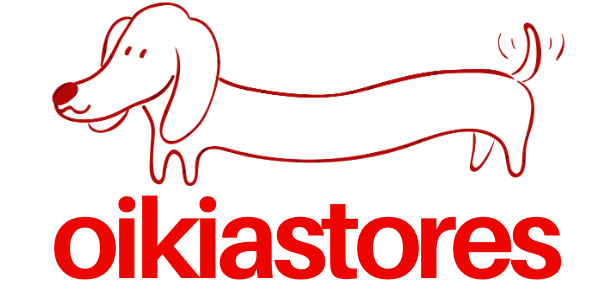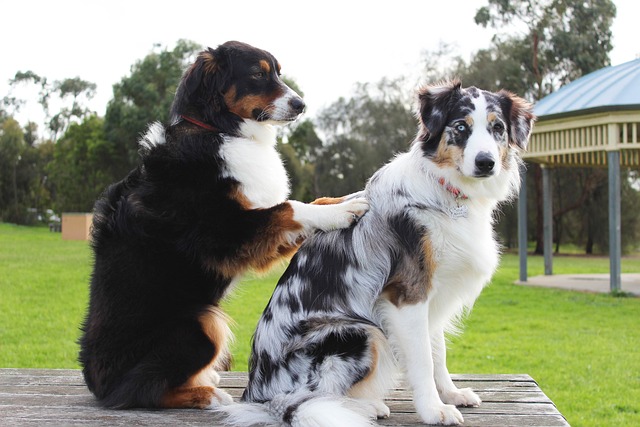Helping Fat Puppies Slim Down
If you have a pudgy adolescent puppy, there are safe and effective strategies to help them shed excess weight without compromising their growth:
- Limit Treats and Increase Play: Reduce or eliminate treats and focus on engaging play sessions. This simple change can help moderately overweight puppies shed some pounds.
- Control Meal Portions: Avoid free-feeding and instead offer measured amounts of food during designated mealtimes. While dog food package guidelines provide a starting point, customization based on your pup’s needs is crucial.
- Consider Lite Foods (for Adults): Overweight adult dogs may benefit from reduced-calorie or “lite” foods. These options typically replace fat with indigestible fiber, dilute calories, or increase volume with air. However, be cautious with young puppies as these diets may lack essential nutrients for growth.
- Beware of “Lite” and “Diet” for Puppies: “Lite” or “diet” formulas for puppies simply indicate lower calorie content compared to regular formulas of the same brand. It’s crucial to monitor portion sizes, as pets may overcompensate for fewer calories.
- Divide Meals: Offer smaller, more frequent meals throughout the day. This not only aids in digestion but also burns more calories compared to one or two larger meals.
Therapeutic Diets for Young Dogs
For truly obese young dogs, medical supervision and specialized therapeutic weight-loss diets may be necessary. These diets, available through veterinarians, offer innovative formulations to safely support weight loss. Some focus on increased protein intake or improved insulin regulation, while others incorporate specific vitamins like L-carnitine to enhance fat metabolism.
Exercise for Health
Regular exercise is crucial for your puppy’s health and weight management:
- Aerobic Exercise: Puppies and adult dogs should engage in at least 20 minutes of aerobic exercise twice a day. This helps maintain their overall health.
- Gradual Increase: If your pup is overweight, introduce exercise slowly. Start with short, controlled walks and gradually extend the duration and intensity.
- Build Stamina: As your pup sheds weight, their energy levels will increase. Gradually increase the duration and intensity of walks.
- Incorporate Activity into Daily Routine: Make your pup work a bit for their food. Place it at the top or bottom of the staircase, or use treat balls and puzzle toys to encourage movement.
- Control Feeding Pester: If your pup constantly begs for food, reserve a portion of their regular diet as “treats” to offer when they come begging.
Remember, always consult your veterinarian before making significant changes to your pup’s diet or exercise routine. This ensures that their weight loss plan is safe and appropriate for their individual needs.


